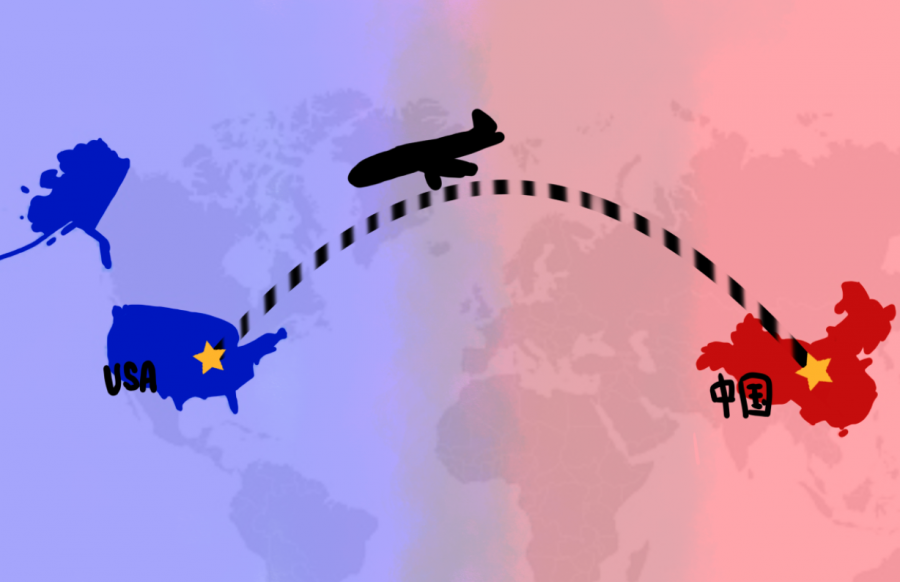Cultural diversity and inclusion
October 13, 2021
According to the Stop Asian-American Pacific Islander (AAPI) Hate National Report, there were 9,081 AAPI hate incidents reported from March 2020 to June 2021.
These statistics mirror a concerning trend in crime in the United States: the rise of AAPI hate incidents following the start of the COVID-19 pandemic. According to the source, “Of all hate incidents, 48.1% included at least one hateful statement regarding anti-China and/or anti-immigrant rhetoric.”
Nazareth has published a Diversity Statement on the school’s website that emphasizes the school’s mission to support diversity. “Nazareth Academy remains committed to building and living community in an environment that encourages intellectual challenge, concentration and self-discipline. This is achieved through an atmosphere of respect in which questions can be asked, creativity is recognized, and individual differences are valued. Our mission and educational approach have always embraced the concept of exposing our students to a wide variety of historical and contemporary perspectives, enhancing their appreciation of culture and imparting in them a sense of mission in the transformation of the world by ministering to others with an eye toward equity and social justice.”
While Nazareth’s mission emphasizes inclusivity and diversity, some Asian students feel a sense of discrimination or alienation due to a language barrier. Chinese exchange student, Junior Zachary Zhou highlights his challenging experiences during group work in class and said that he feels excluded due to students assuming he would not be able to communicate since English is not his first language.
Fellow exchange student, Senior Michael Feng, also mentioned that he has struggled with fitting in due to feeling embarrassed when other students can not understand his English.
Not all experiences exchange students have faced have been bad. Feng said, “I feel the teachers and classmates are already inclusive enough to the Chinese students. Before, we even had a club for Chinese students with [former Computer Science teacher] Mr. Zhou.” The Culture Club was created for Chinese exchange students to help acclimate them to life as students in America.
Student Assistance Program Director Cathy Kokontis, who also acts as leader of the diversity clubs and all subsequent affinity groups, mentioned that the Culture Club was a great place for Chinese exchange students to feel included. With the Culture Club, Kokontis said they worked on idioms, learned how to play American games and even had buddies to help the exchange students with anything else they may need.
Kokontis hopes to reestablish the Culture Club, through an affinity group for AAPI students. In a guidance survey sent out earlier this year, 16 students answered they would be interested in joining the new group.
Although the Culture Club has been disbanded for two years now, last year, Nazareth celebrated AAPI month during the month of May for the first time, with hopes to continue to highlight diversity and inclusion across the entire student body.
When asked if they would be interested in joining a new affinity group, Zhou said he might be interested because it satisfies both inclusion and diversity. Feng was hesitant though, due to his introverted nature and fear that the language barrier would continue to be a problem.
Overall, Feng believes that inclusivity is already present at Nazareth. He suggests that a way to help future Chinese exchange students with their English is to have the older exchange students tutor them.
With hopes in the future to revamp the Culture Club and with the continued support of the administration and the school’s mission to promote diversity and inclusion, Nazareth is headed in the right direction. While hate crimes and discrimination are still prevalent in the world, Nazareth actively works to remain an inclusive place for all.

